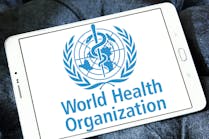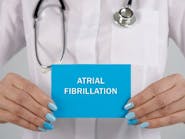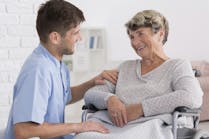New studies show risks involved with infertility treatment
Children conceived with infertility treatment may have a higher risk for asthma and allergies, suggests a study by researchers at the National Institutes of Health.
The study was conducted by scientists at the Eunice Kennedy Shriver National Institute of Child Health and Human Development and National Institute of Environmental Health Sciences, part of the National Institutes of Health. It appears in Human Reproduction.
The study enrolled approximately 5,000 mothers and 6,000 children born between 2008 and 2010. Mothers responded periodically to questionnaires on their health and their children’s health and medical histories. Infertility treatments included in vitro fertilization (sperm and egg are combined in a laboratory dish and inserted in the uterus), drugs that stimulate ovulation, and a procedure in which sperm are inserted into the uterus.
Compared to children conceived without infertility treatment, children conceived after treatment were more likely to have persistent wheeze by age 3, a potential indication of asthma. At 7 to 9 years old, children conceived with treatment were 30% more likely to have asthma, 77% more likely to have eczema (an allergic condition resulting in rashes and itchy skin) and 45% more likely to have a prescription for an allergy medication.
The authors called for additional research to determine how infertility treatment or lower parental fertility might influence the development of asthma and allergy in children.





